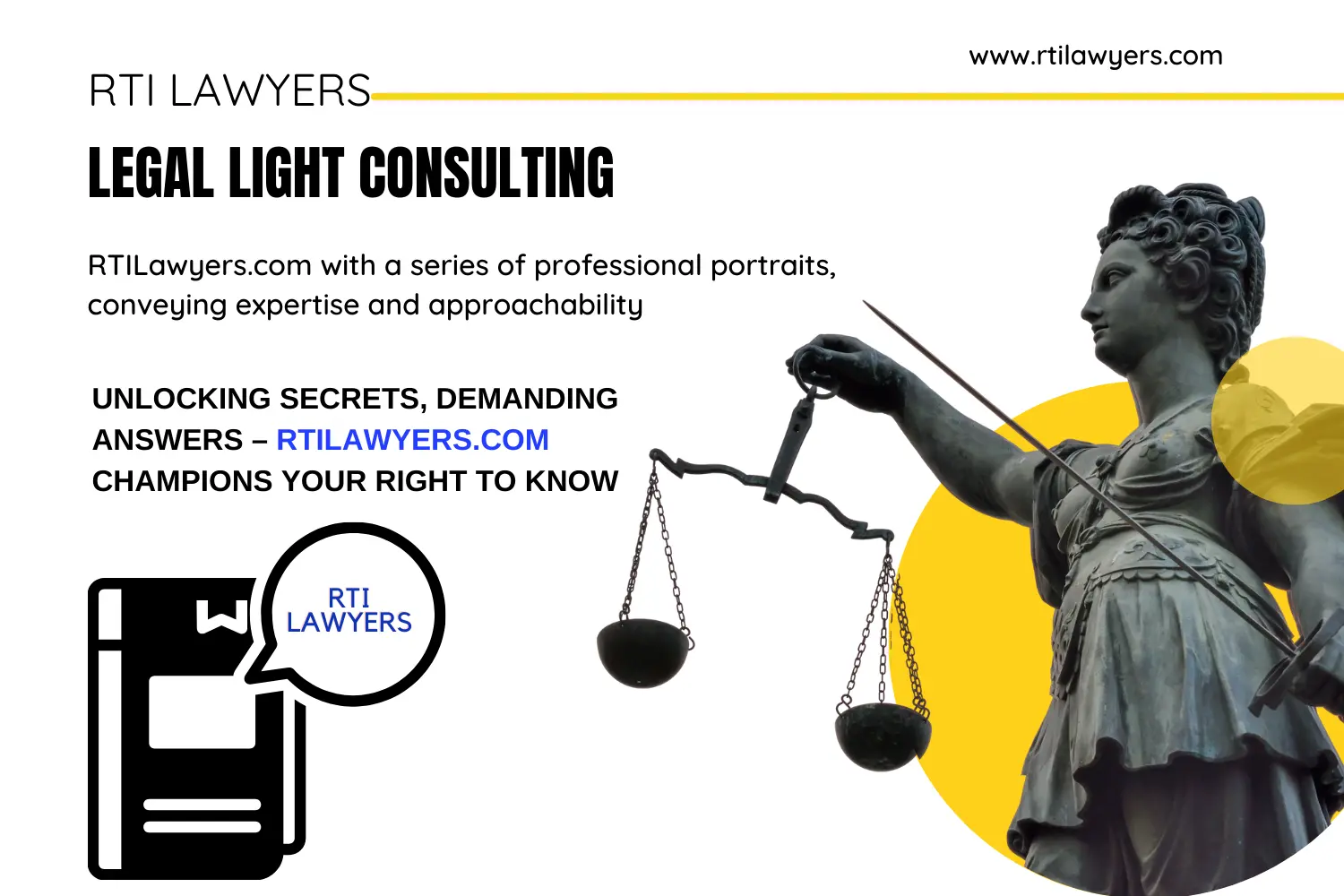Access to Justice: No Fee Required for Second Appeal or Complaint in the Information Commission
The Right to Information (RTI) Act, 2005, stands as a beacon of transparency, empowering citizens to seek information and hold public authorities accountable. One key aspect of this legislation is the process of filing second appeals and complaints with the Information Commission. In this article, we explore a fundamental aspect that eases access to justice for citizens – the absence of any fee requirement for filing second appeals or complaints.
- Legal Consultation
- RTI Application Drafting
- RTI Application Review
- RTI Appeal Services
- RTI Litigation Services
- RTI Training Workshops
Fee Waiver for Second Appeals and Complaints:
In a commitment to foster accessibility and ensure that the RTI Act remains an inclusive mechanism, the Information Commission has waived the requirement for any fee to be paid along with second appeals or complaints. This waiver eliminates financial barriers, allowing citizens from all walks of life to engage with the appeals and complaints process without the burden of additional costs.

The Significance of Fee Waiver:
Promoting Inclusivity: By eliminating the fee requirement, the Information Commission ensures that financial constraints do not hinder citizens’ ability to seek justice or resolution through the appeals and complaints mechanism.
Empowering Marginalized Communities: The fee waiver is particularly significant for marginalized communities and individuals with limited financial means. It levels the playing field, giving everyone an equal opportunity to participate in the democratic process of seeking information and redressal.

The Significance of Fee Waiver:
Encouraging Citizen Participation: The absence of a fee requirement encourages more citizens to actively participate in the RTI process. It empowers individuals to voice concerns, question decisions, and contribute to a more transparent and accountable governance.
Aligning with Democratic Principles: The fee waiver aligns with the democratic principles of equal access to justice and participation. It reinforces the idea that justice should be accessible to all, irrespective of their financial status.
Conclusion
In the spirit of democratic governance and citizen empowerment, the Information Commission’s decision to waive any fee for second appeals or complaints is a testament to its commitment to inclusivity and accessibility. This measure ensures that the doors of justice remain open to every citizen, fostering a culture of transparency, accountability, and active citizen engagement within the framework of the RTI Act.








